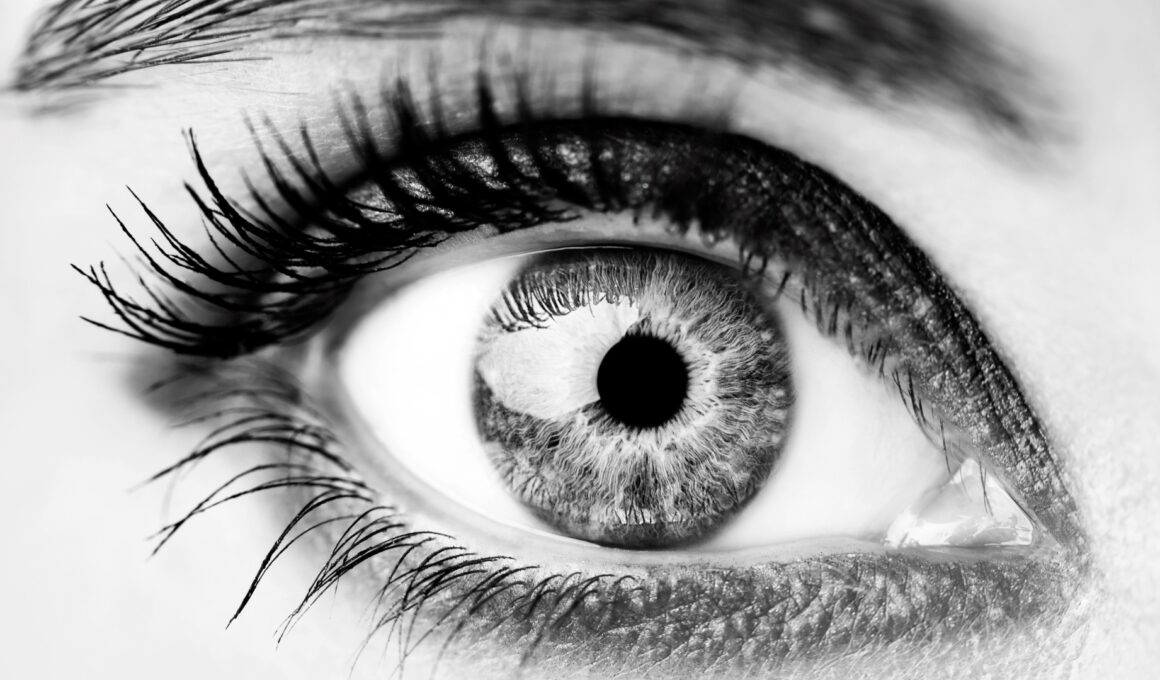You don’t tend to notice it but you are blinking all the time. Blinking is a completely unconscious process, until the point where we think about it, when it suddenly becomes impossible to do correctly… You’re thinking about it right now, aren’t you?
And for something we don’t usually think much about, we actually spend an awful lot of time doing it. Did you know that you blink on average about 10-20 times a minute? We blink for 1/10th of a second and if you add up all of those blinks, it adds up to actually 10% of our waking life. In other words, you miss out on 10% of everything that happens directly in front of you.
The real question then, is why we would spend so much time with our eyes clamped shut…
The Purpose of Blinking
Our eyelids are made from some of the thinnest skin on the human body. This is why you can still detect light through them and why people can see your eyes moving when you’re in REM sleep (which I personally find a little disturbing but hey).
The most obvious purpose of blinking is to clean and moisturize the eyes. Each time we blink, this covers our eyes in moisture thereby preventing them from getting dried out and sore while at the same time brushing away any small particles of dust or dirt that could otherwise cause irritation and/or impair our vision. Apart from anything else, if we didn’t blink we would get a build-up of sleepy dust or ‘rheum’ produced by our own eyes. It’s only blinking and rubbing this away that gets rid of it – which is why it builds up so much during sleep.
But if washing our eyes was the only purpose of blinking, then we probably wouldn’t do it half as much as we actually do… For cleaning alone, we blink an excessive amount. So what’s going on?
Another Role for Blinking
Interestingly, babies blink far less than adults (even despite those big eyes). In fact, babies blink less than twice every minute and children don’t blink as much as adults until they reach 15 years old. Adults meanwhile will blink more or less frequently depending on the activity that they’re taking part in.
When we are reading, watching television or even listening to an interesting podcast, we actually blink less – as little as three to eight times a minute. And even more interesting, is that when we’re reading, we tend to blink as we reach the end of a sentence.
Researchers theorize, that the reason for this is that we are blinking in order to access our ‘default mode network’ (1). The default mode network is the part of the brain that is responsible for our ‘absent minded thought’. This network of neurons is what allows us to come up with creative ideas and to daydream and will often kick in when we’re engaging in monotonous and repetitive tasks. If you go for a walk for instance, or take a wash, you will find your mind wanders and sometimes this results in the generation of creative ideas.
When we blink, spikes in our brain activity occur that suggest this ‘internal activity’. It may be then, that blinking is actually used in order to rest the brain between bouts of intense focus and to shut out the outside world in order to reflect on a topic. Without blinking, we might become exhausted from continuous intense focus and we would likely not be able to engage as well with the information being taken in.
So there’s much more to blinking that meets the eye.
You can go back to blinking normally now… (Lol psych…)




